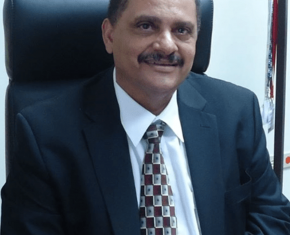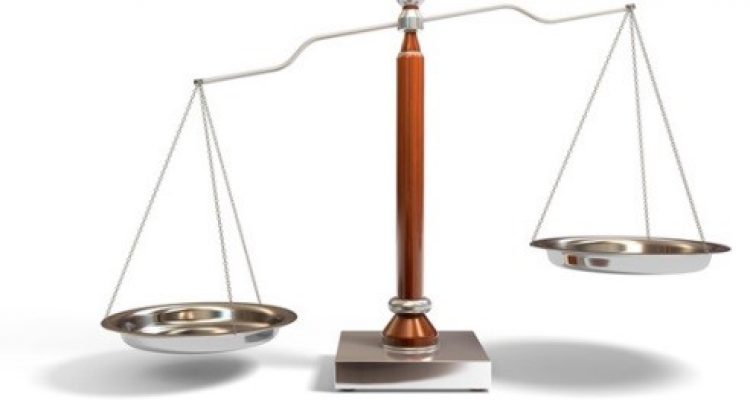Meet the Attorney-General and the Solicitor-General

Dr. Derrick McKoy
Attorney-General of Jamaica

Marlene Aldred
Solicitor-General of Jamaica
Roles and functions of the Attorney-General
The AG carries out numerous miscellaneous functions and powers. They may initiate or intervene in certain legal proceedings of a public nature, for example:-
- Those relating to the administration of charities;
- Under the Patent law, certifies that an application for Letters Patent is legally in order;
- Institutes enquires in connection with petitions for the grant or revocation of patents, and may make orders as to who should bear the costs;
- To prevent the continuation of a public nuisance;
- Institutes proceedings in respect of statutory duties on their own initiative, or on the application of a third party or relator;
- Take action to restrain a corporation from exceeding its statutory powers;
- Enforces public rights in an undefined residue of cases;
- Makes applications pursuant to the Vexatious Actions Act in relation to any person who habitually and persistently and without any reasonable grounds institutes vexatious proceedings.
No law can come into force without receiving the signature of the Governor-General, but the Attorney-General must first certify it.
The overall nature and responsibilities of the office of Attorney-General require him/she to protect the public interest as parens patriae (parent of his/her country).
Even though the post of the Attorney-General is a political one, it is also a professional post, and the AG should not be influenced by political considerations in giving legal opinions.
Within the legal profession the AG is the head of the Bar, and therefore takes precedence at the Bar in matters before the court. The Attorney-General need not be a Minister of Government, or a Member of Parliament, a private citizen may be appointed.

